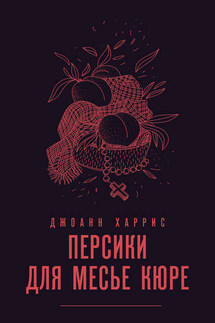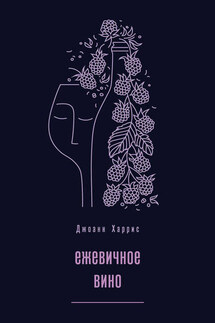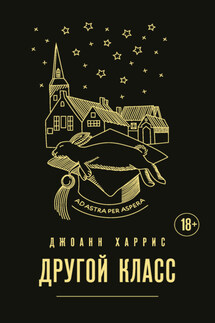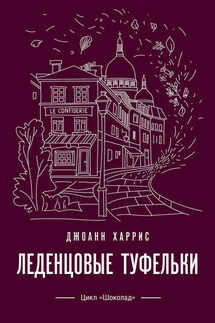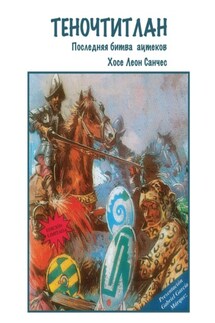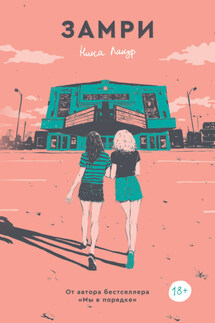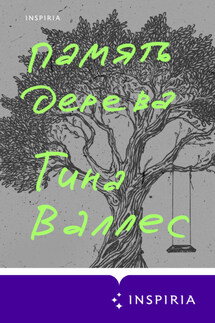Five Quarters of the Orange / Пять четвертинок апельсина - страница 52
One week we arrived at the market to find Madame Petit’s shop boarded up. Monsieur Loup, the fishmonger, told me she just packed her things and went one day, giving no reason and leaving no forwarding address.
“Was it the Germans?” I demanded with a slight unease. “I mean, her being a Jew and everything?”
Monsieur Loup gave me a strange look.
“Don’t know anything about that,” he said. “I just know she upped and left one day. I never heard anything about the other thing, and if you’ve any sense you won’t go round telling anyone, either.”
His expression was so cool and disapproving that I apologized, abashed, and backed away, almost forgetting my packet of scraps.
My relief that Madame Petit had not been arrested was tempered with an odd feeling of disappointment. For a while I brooded in silence, then I began to make discreet inquiries in Angers and in the village concerning the people about whom we had passed on information. Madame Petit, Monsieur Toupet or Toubon, the barber opposite Le Chat Rouget who received so many parcels, the two men we had heard talking outside the Palais-Doré one Thursday after the film… Strangely enough, the idea that we might have passed on worthless information-perhaps to the amusement or scorn of Tomas and the others-troubled me more than the possibility of causing harm to any of the people we denounced.
I think Cassis and Reinette already knew the truth. But nine is a different continent from twelve and fourteen. Little by little I came to realize that not a single one of the people we had denounced had been arrested or even questioned, or a single one of the places we had named as suspect raided by the Germans. Even the mysterious disappearance of Monsieur Toubon or Toupet, the bad-tempered Latin teacher, was easily explained.
“Oh, he was called to go to his daughter’s wedding in Rennes,” said Monsieur Doux airily. “No mystery there, little puss. I delivered the invitation myself.”
I fretted about it for almost a month, until the uncertainty was like a barrel of wasps in my head, all buzzing at once. I thought about it when I was out fishing, or laying traps, or playing gunfights with Paul, or digging dens in the woods. I grew thinner. My mother looked at me critically and announced that I was growing so fast it was affecting my health. She took me to Docteur Lemaître, who prescribed a glass of red wine for me every day, but even this made no difference. I began to imagine people following me, talking about me. I lost my appetite. I imagined that somehow Tomas and the others might be secret members of the Resistance, even now taking steps to eliminate me. Finally I told Cassis about my worries.
We were alone at the Lookout Post. It had been raining again, and Reinette was at home with a head cold. I didn’t set out to tell him everything, but once I had started the words began to spill out of me like grain from a burst sack. There was no stopping them. I had the green bag with my fishing rod in one hand, and in a rage I flung it right out of the tree and into the bushes, where it fell in a tangle of blackberries.
“We’re not babies!” I yelled furiously. “Don’t they believe the things we tell them? Why did Tomas give me this”-a wild gesture at the distant fishing bag-“if I didn’t earn it?”
Cassis looked at me, bewildered.
“Anyone would think you wanted someone to get shot,” he said uncomfortably.
